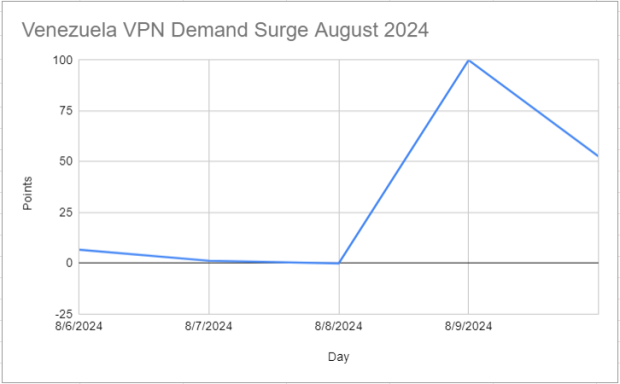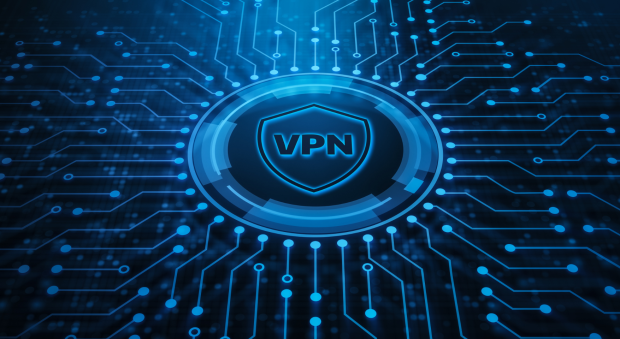It was only a few days ago that Venezuelan President Nicolas Maduro signed a 10-day ban on Elon Musk's social media platform X, formerly Twitter, over the platform breaking many of the country's regulations.

The ban severed access to X for local residents. According to Maduro's speech, which CNBC translated, the reasoning is that the social media platform violated "all of the rules" of the nation's telecommunications regulator. Maduro said X is "inciting hatred, fascism, civil war, death and confrontations among Venezuelans." According to the nation, the temporary ban will give the platform time to respond to the changes.
Following the ban and other threats of banning the popular messaging app WhatsApp, VPN demand is surging across Venezuela, according to new research from vpnMentor. According to the cybersecurity and research lab, VPN demand has skyrocketed by more than 494% following X being officially blocked, with the demand surging on Thursday after the order went through by Venezuela's National Telecommunications Commission.
The call for demand and scrutiny of the Venezuelan government began after the results of the most recent election were announced, which sparked allegations of fraud and demonstrations against the government. Notably, Musk has been vocal about his opinion on the recent elections, calling the Venezuelan President Maduro "Dictator Maduro" and accusing him of committing "election fraud."
In a strange turn of events, Maduro responded to Musk's allegations by asking him to fight, which Musk accepted.
"Elon Musk, I'm ready. I'm not afraid of you ... Let's fight, wherever you want," said Maduro
Musk responded, "I accept."



![Photo of the $10 -PlayStation Store Gift Card [Digital Code]](https://m.media-amazon.com/images/I/41MT2s0Gm2L._SL160_.jpg)